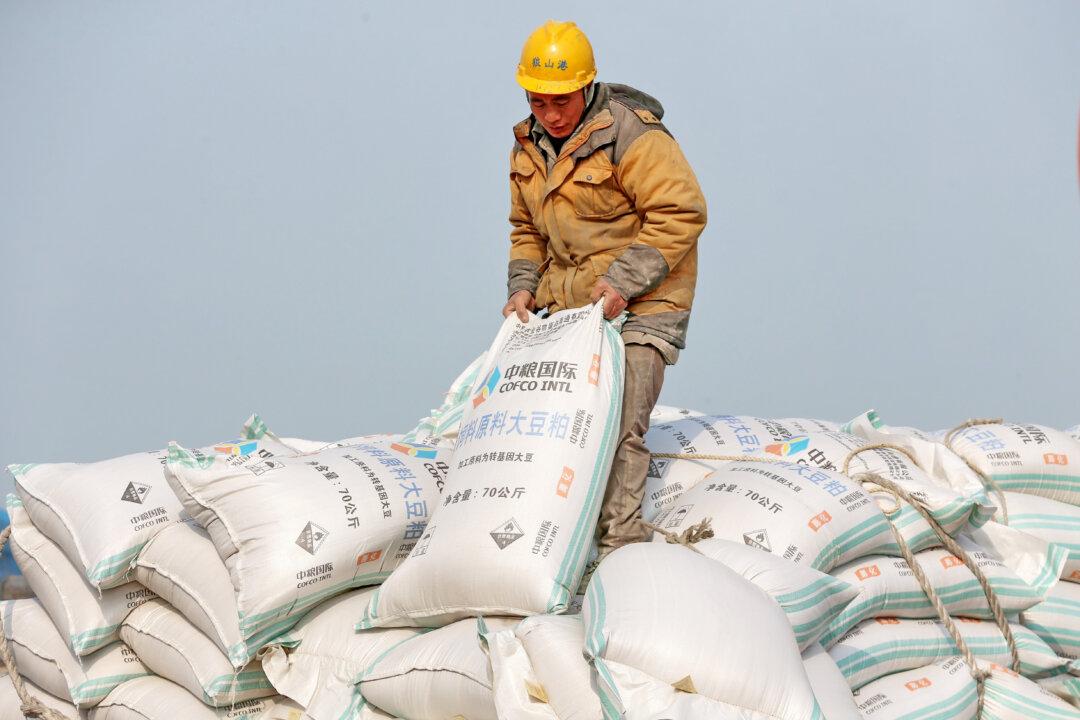BEIJING—Amid a worsening tariff battle, China is putting off accepting license applications from American companies in financial services and other industries, an official of a business group said on Sept. 11.
The disclosure is the first public confirmation of U.S. companies’ fears that their operations in China or access to its markets might be disrupted by the battle over Beijing’s intellectual property theft—which the U.S. administration is targeting through its tariffs.





